Sermons
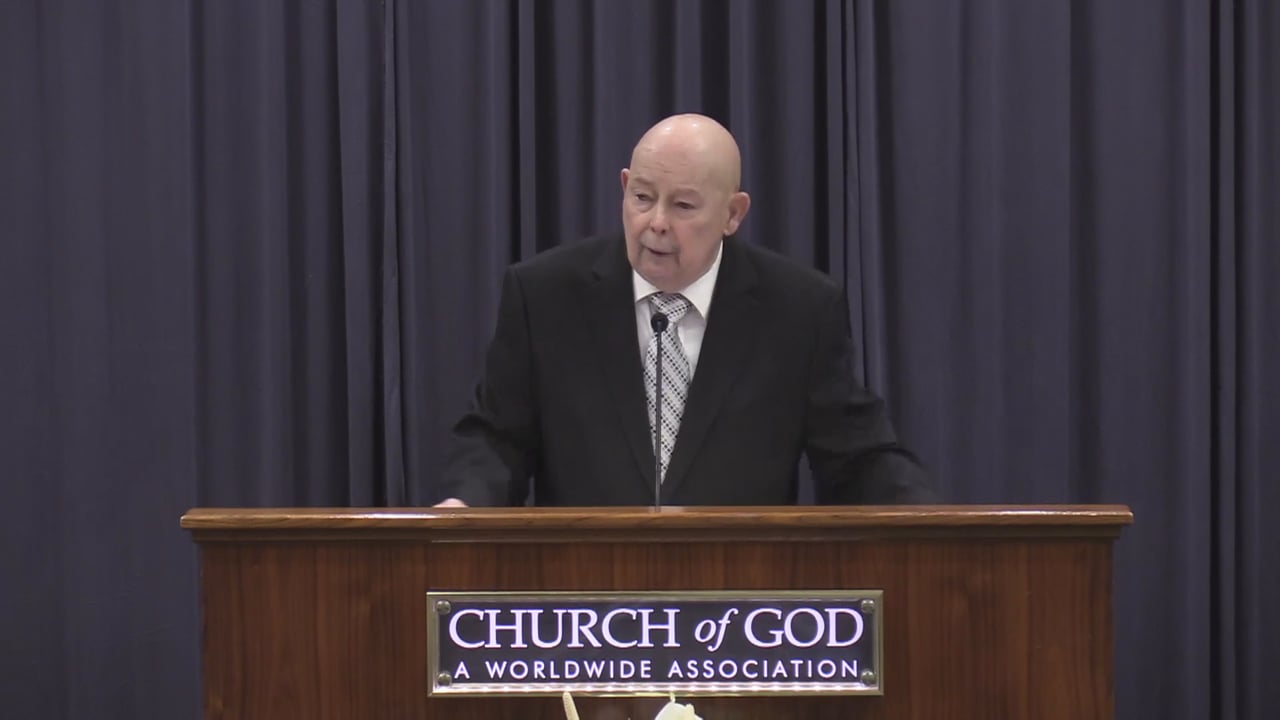
The Holy Spirit and Prayer
Given by Jim McTiernan
July 12, 2025
God's Holy Spirit has many benefits to God's people, one of which includes the intercession it provides as we pray to the Father. This message will give us instruction from scripture on how we should pray and examples of God's people and their powerful use of prayer.
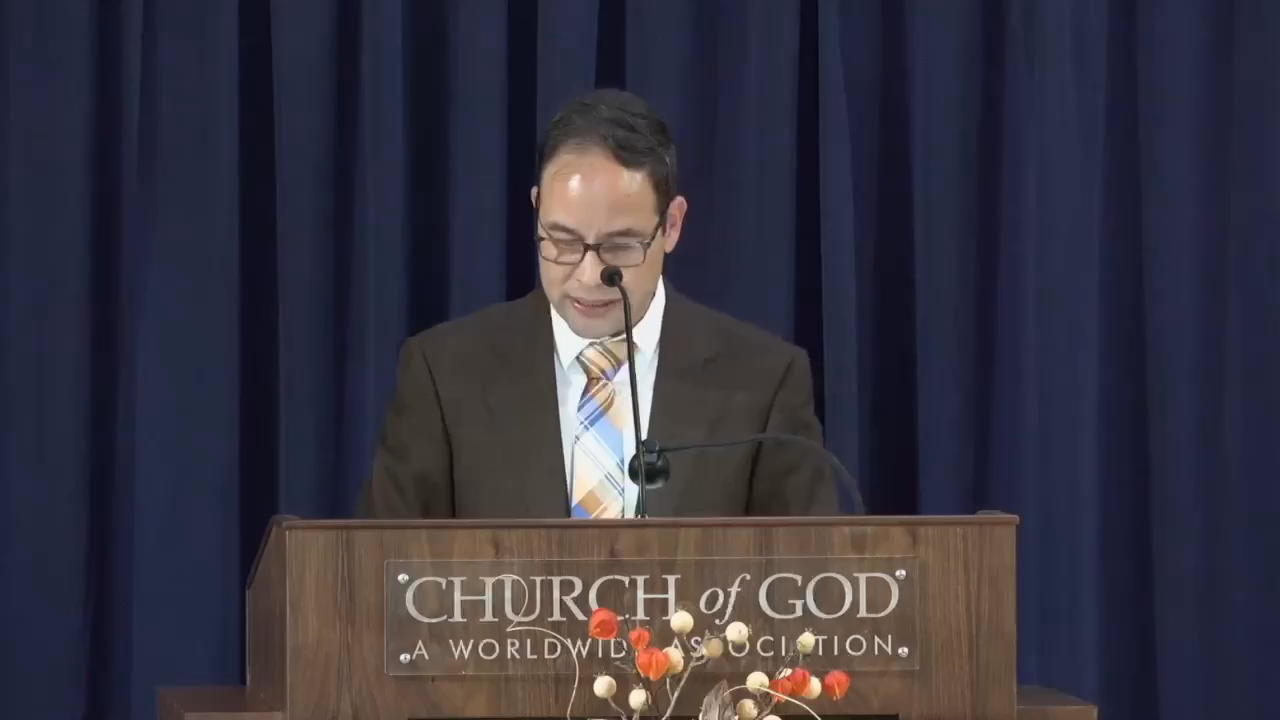
The Weightier Matters of the Law
Given by Michael Lindenberg
July 12, 2025
In following Christ, we must never lose sight of the bigger picture--remembering that true obedience to God's laws always upholds justice, mercy, and faith.
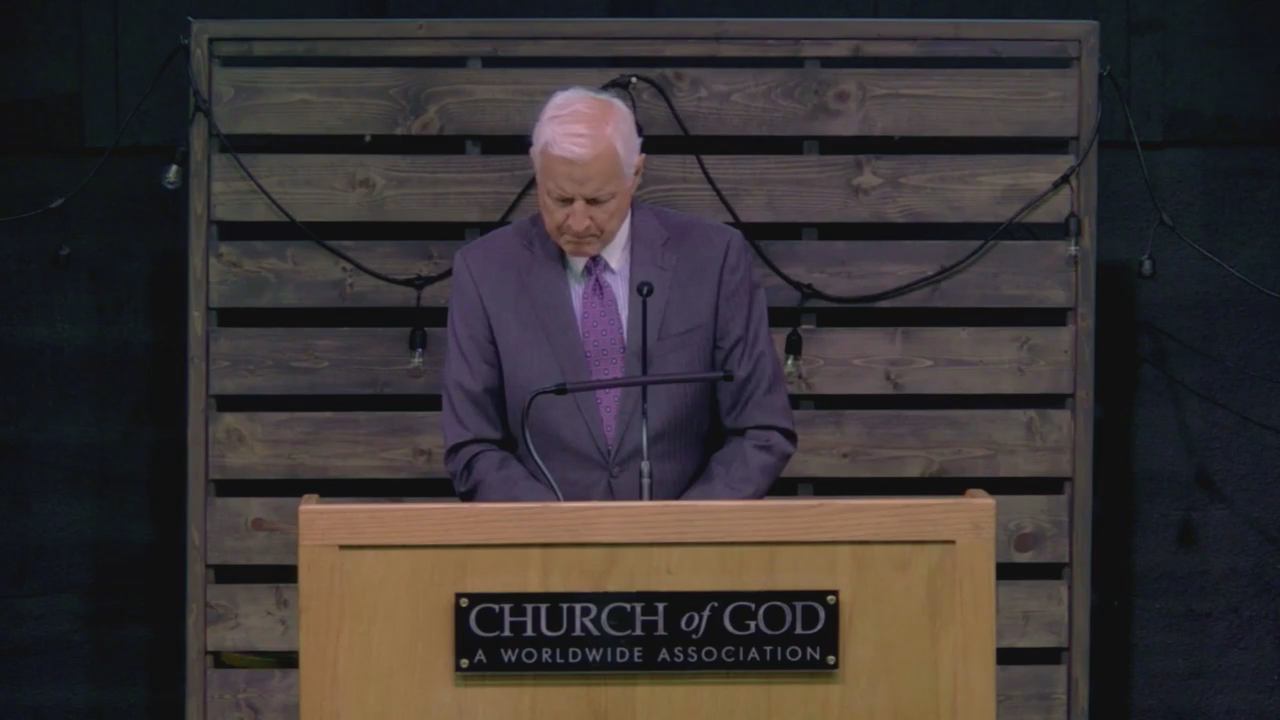
The Gospel (Good News) of the Kingdom
Given by David Treybig
July 12, 2025
This sermon shows how our understanding of the Kingdom of God grows from its description in the Old Testament to Christ’s teaching and then what we learn from the apostles. It also covers what mainstream Christianity teaches about the Kingdom and concludes by addressing why we should desire to be in the Kingdom.
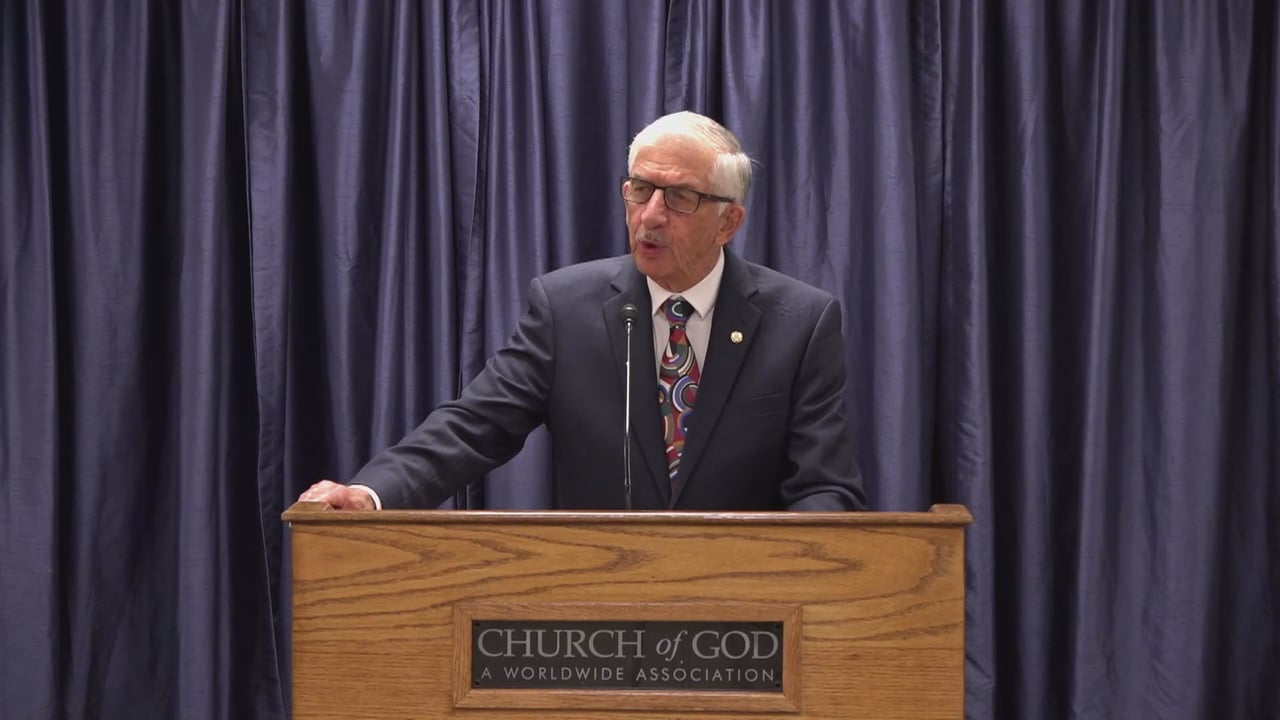
A Deeper Look At The Two Choices
Given by Bruce Gore
July 12, 2025
We have set before us the choice of life or death, blessings or curses. We must have a deeper commitment beyond surface obedience, as exemplified by the teachings in the Sermon on the Mount.
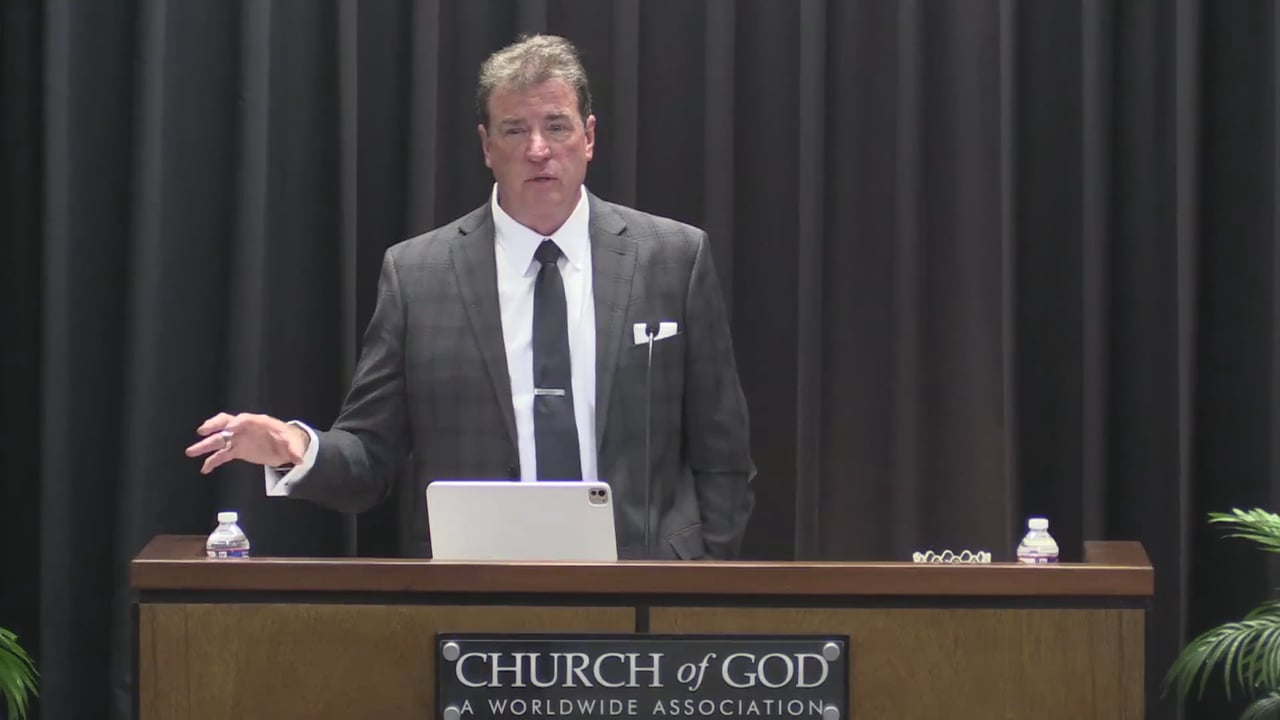
Strategies for Increasing Self-Control
Given by Steve McNeely
July 12, 2025
Self-control is a fruit of God's Spirit. How can we build more of it in our lives?
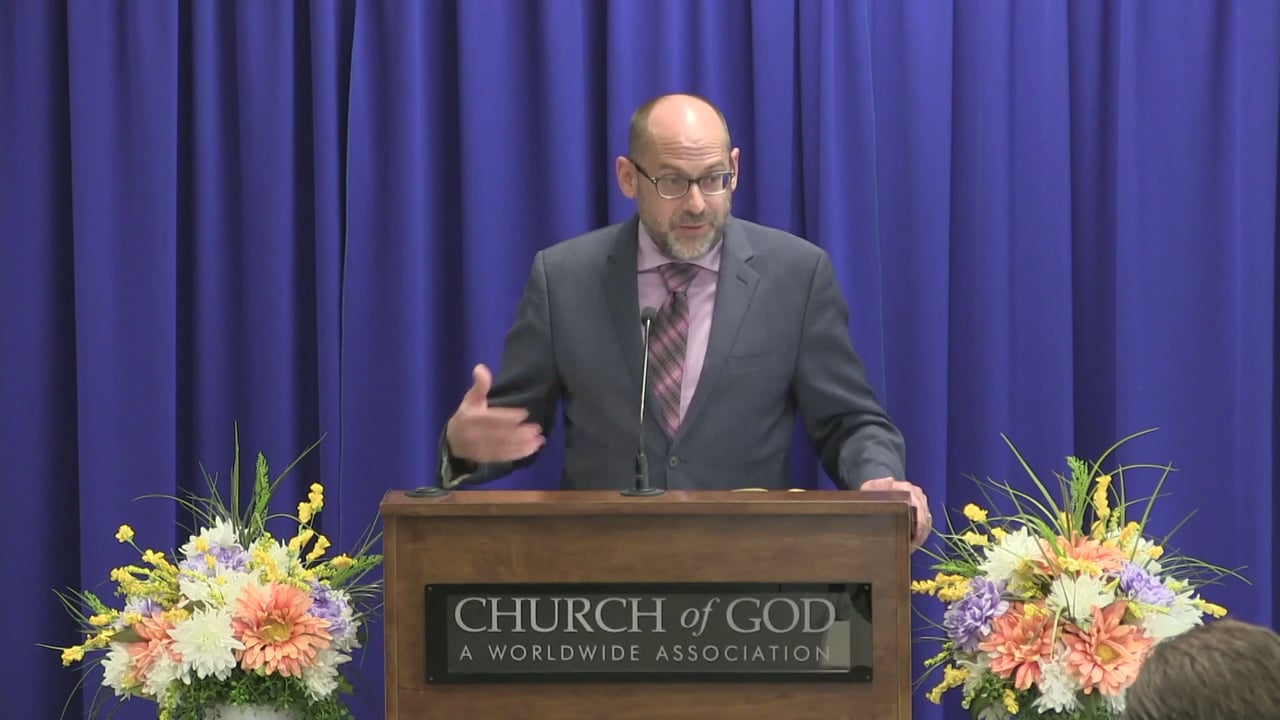
Our Example - A Lasting Inheritance
Given by Chris Leyden
July 12, 2025
We have an important responsibility as future family members of the Kingdom of God...to teach and pass on what we know and believe to our children. To leave them a lasting inheritance by way of our example. This split sermon explores this topic.
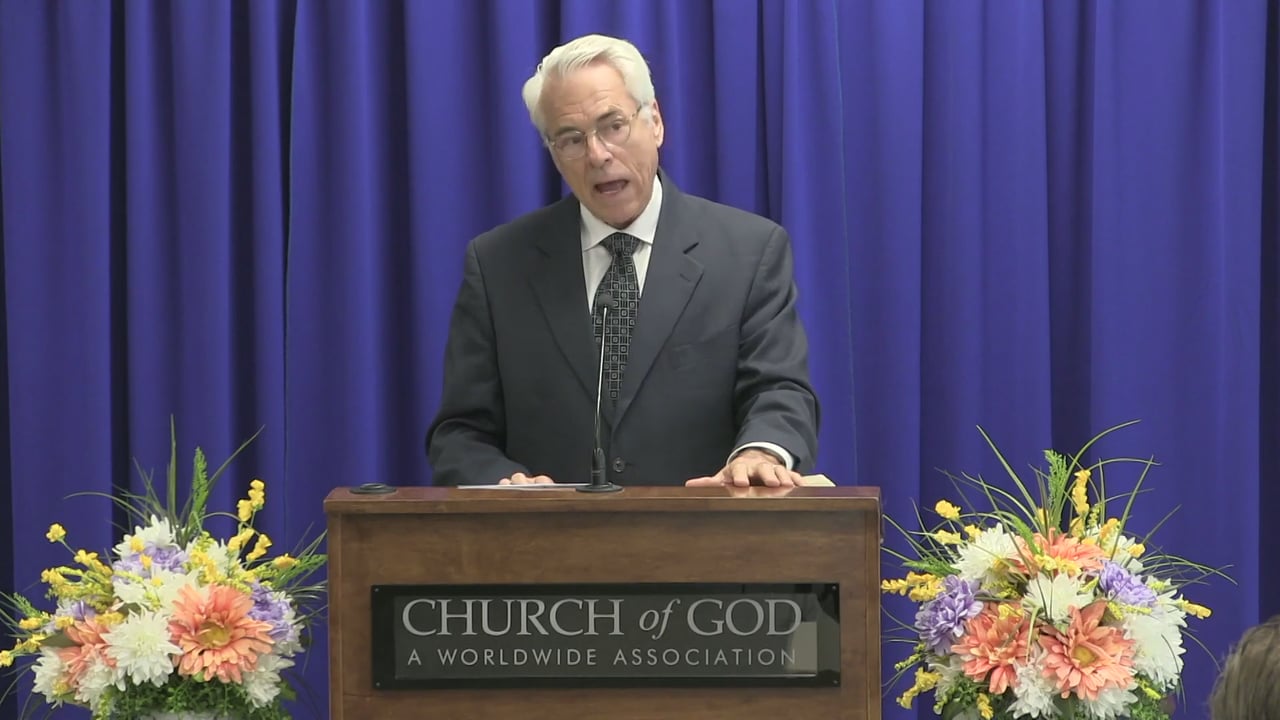
We Have but One Life to Live
Given by Chris Moen
July 12, 2025
In this split sermon we look at how we were called to stand firm in a culture and a society that should be morally and spiritually foreign to us, and to be a living example to others as ambassadors of a future country and kingdom.
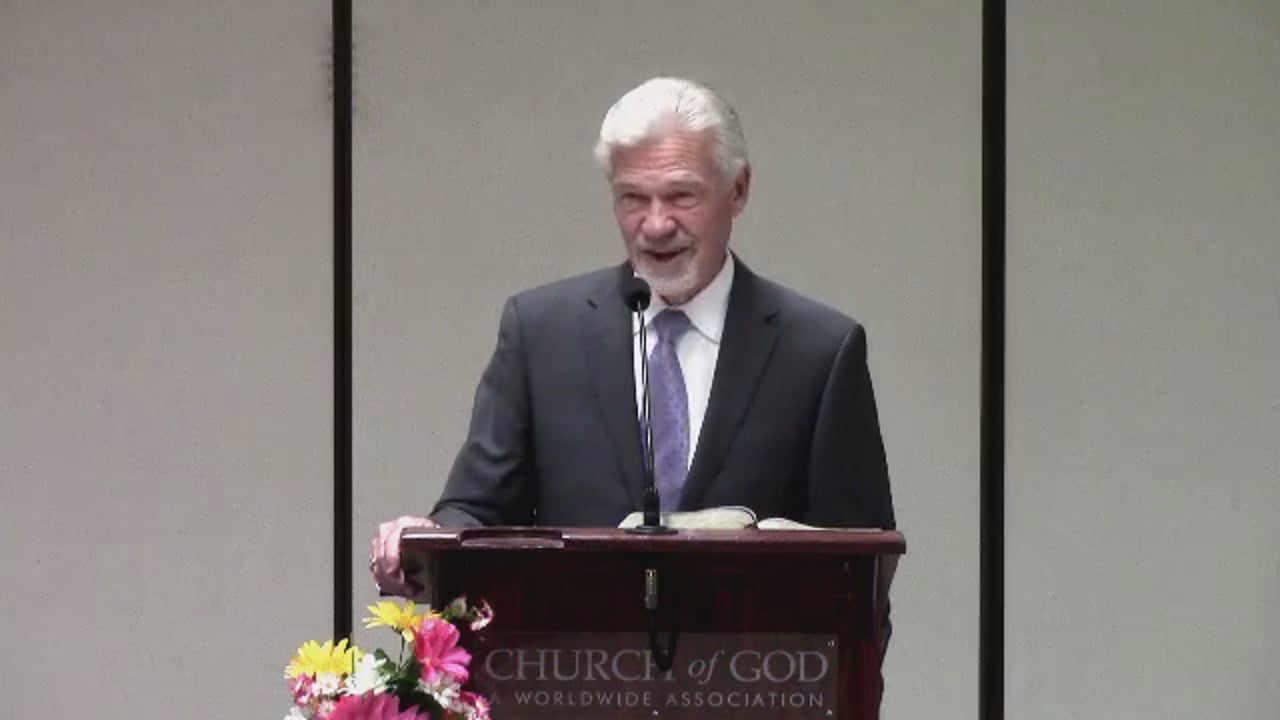
God Our Helper
Given by Greg Sargent
July 12, 2025
No matter who you are, we all need God’s help continually. The bible is full of statements and stories showing how God helps us—the widow and oil, David and Goliath, and our own experiences when we aren’t even aware we need help. Yet, God takes us by the hand, delivering us and helping us, always.
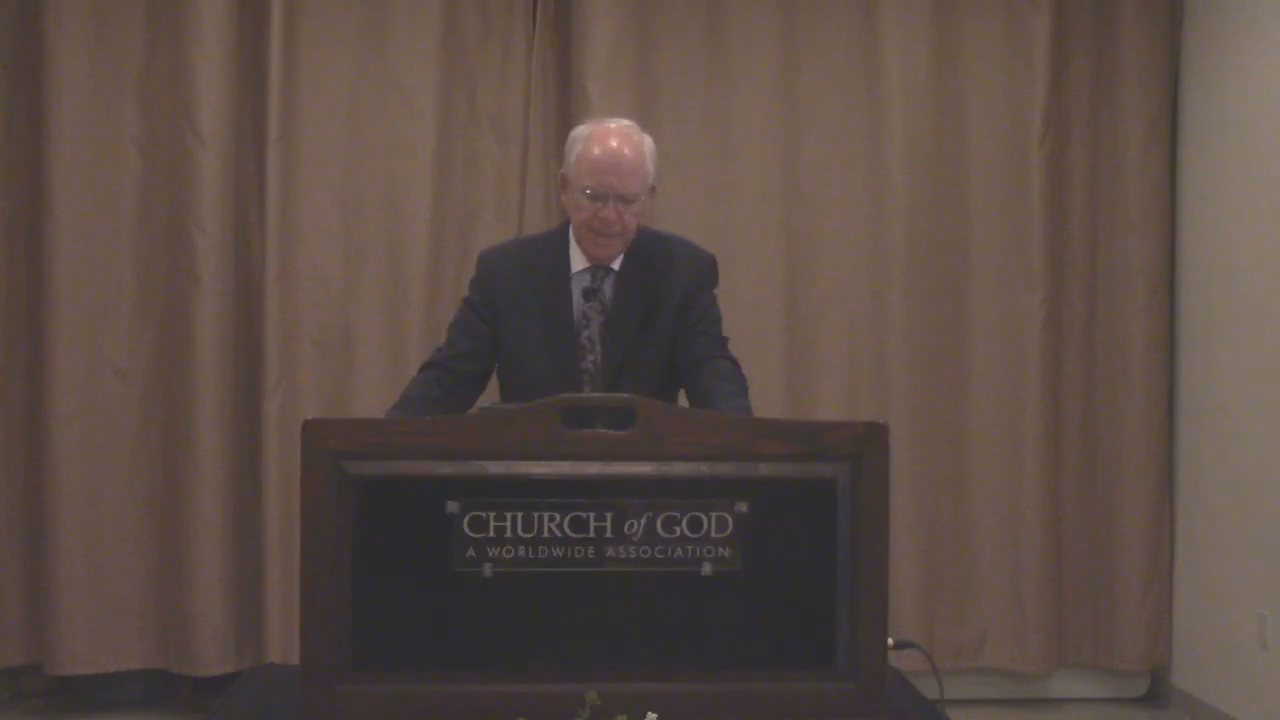
Circles and Cycles of Life
Given by Doug Johnson
July 12, 2025
A modern popular animated film has a song about the “circle of life.” We all know that human lives have what we could call a “Cycle of Life.” But that’s all on the physical level, whether animal or human. Is there a spiritual “Cycle of Life” that doesn’t lead to the end of life? If so, wouldn’t...

Spiritual Lessons from the Five Daughters of Zelophehad
Given by Chuck Sinon
July 5, 2025
This message reviews the story of the daughters of Zelophehad and their inheritance. From this we can draw four spiritual lessons that can help us in our spiritual walk.
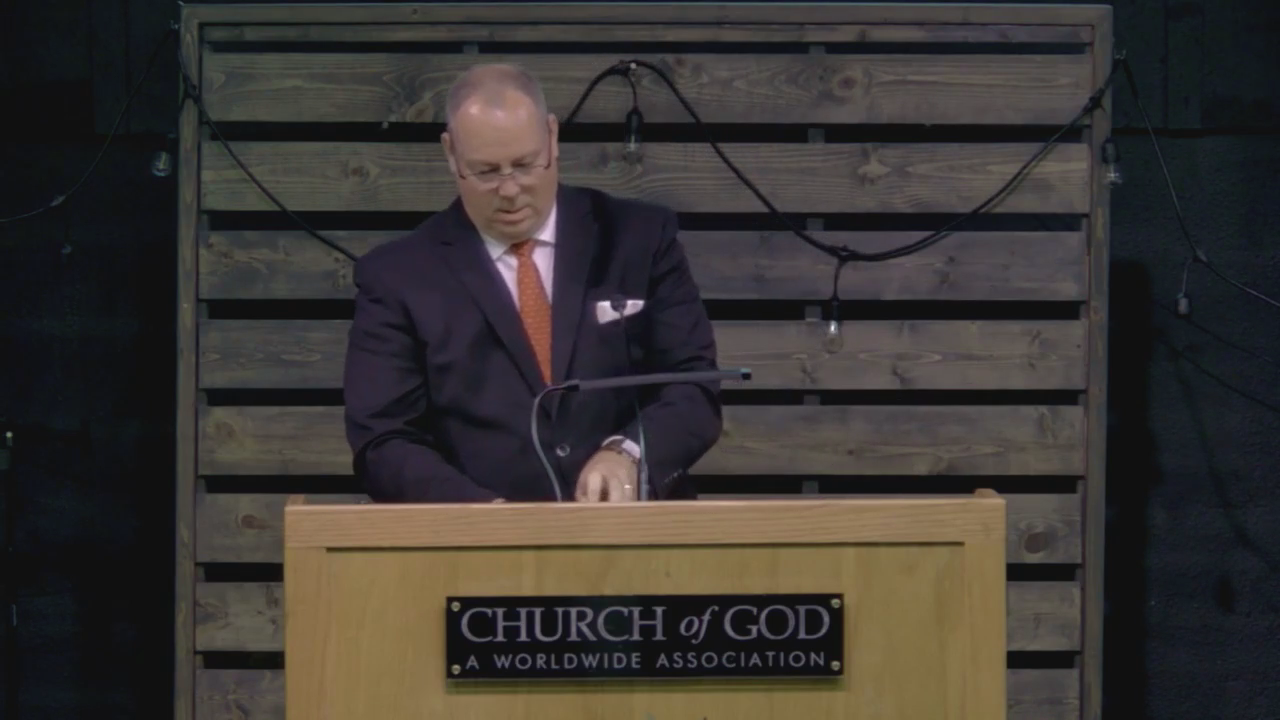
How Well do You Know God?
Given by Nick Slaughter
July 5, 2025
We instantly recognize the animals God made: from flamingos to cheetahs to geckos and whales. God gives each kind recognizable attributes. But what distinguishes the God-kind? This message invites curiosity and investigation, centering on a single Hebrew word that appears nearly 250 times in Scripture, yet defies single-word translation. God chose ḥesed to reveal the defining attributes of His kind. Woven...
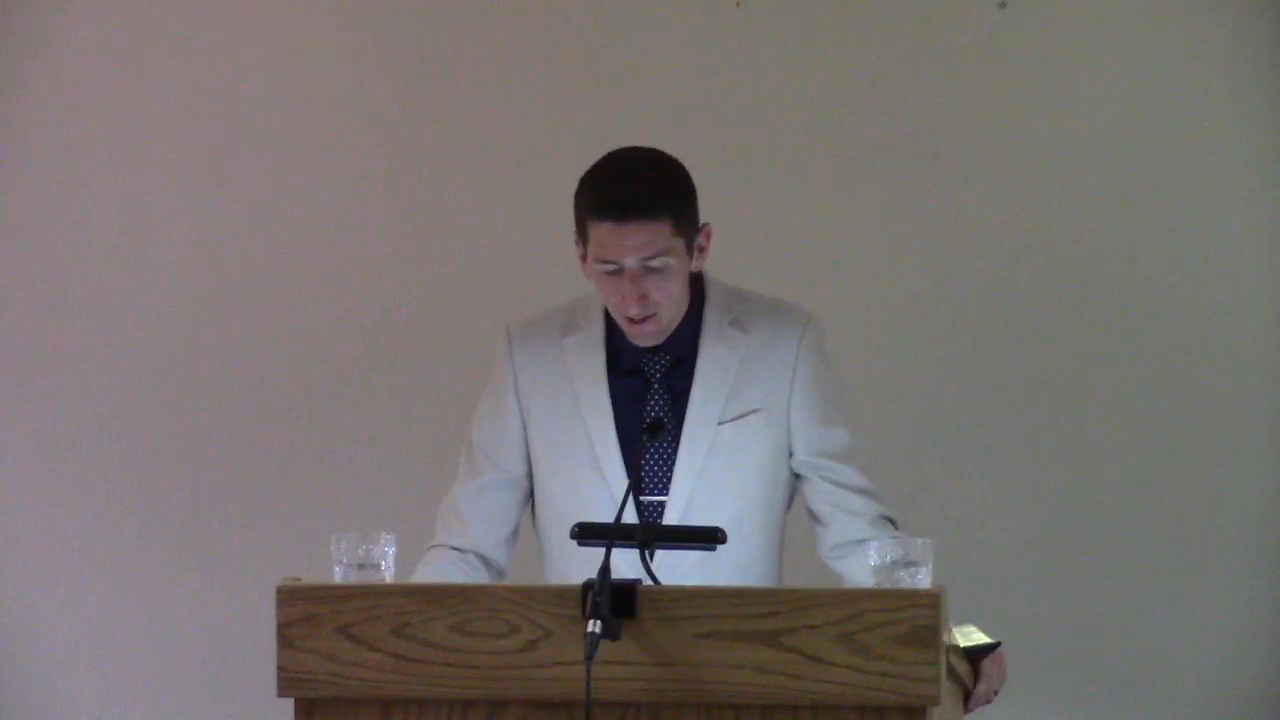
The Beatitudes and the Pursuit of Happiness
Given by Zach Smith
July 5, 2025
The pursuit of happiness is considered a basic human right in this nation. But the happiness man chases is often temporary and circumstantial. What can the beatitudes in Matthew 5 teach us about pursuing a higher-level happiness that God desires for us?
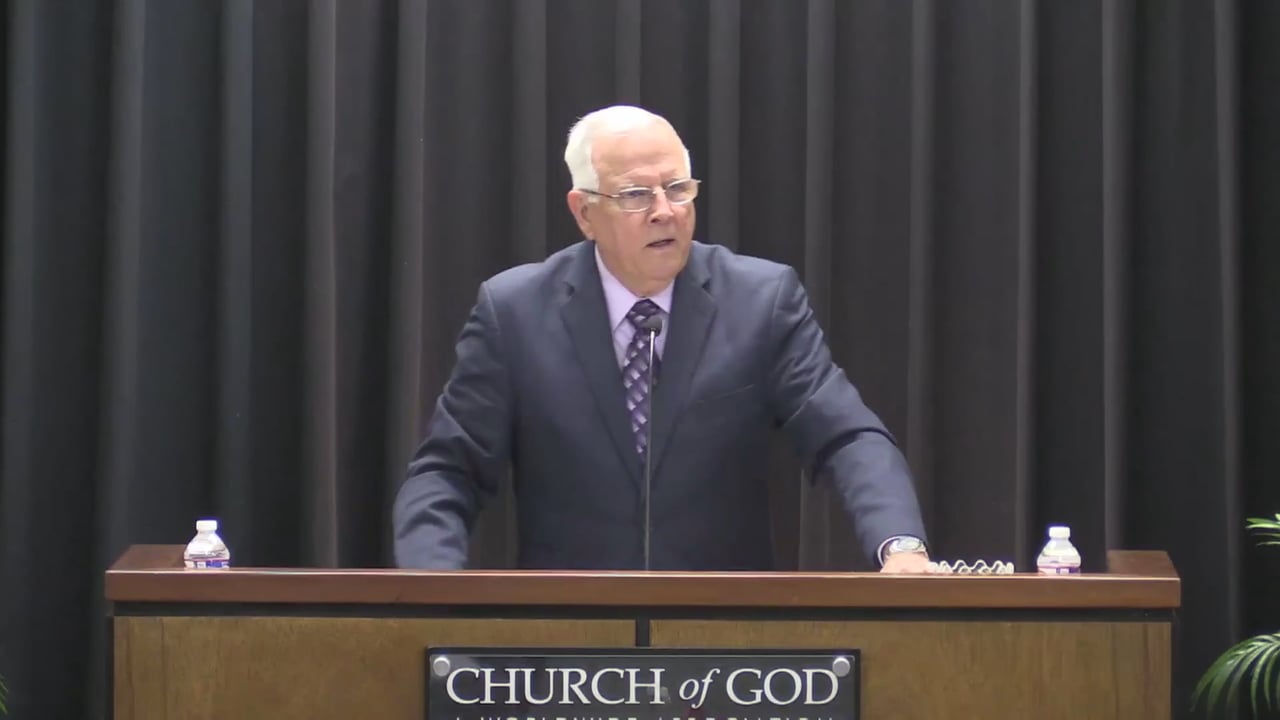
Along Our Path to Ultimate Freedom
Given by Ken Treybig
July 5, 2025
There were a LOT of moving pieces that led to the final fulfillment of the colonies receiving their independence from Britain some 7 years later with the Treaty of Paris. We Christians look for freedom from death—the ultimate enemy. What parallels can we draw?
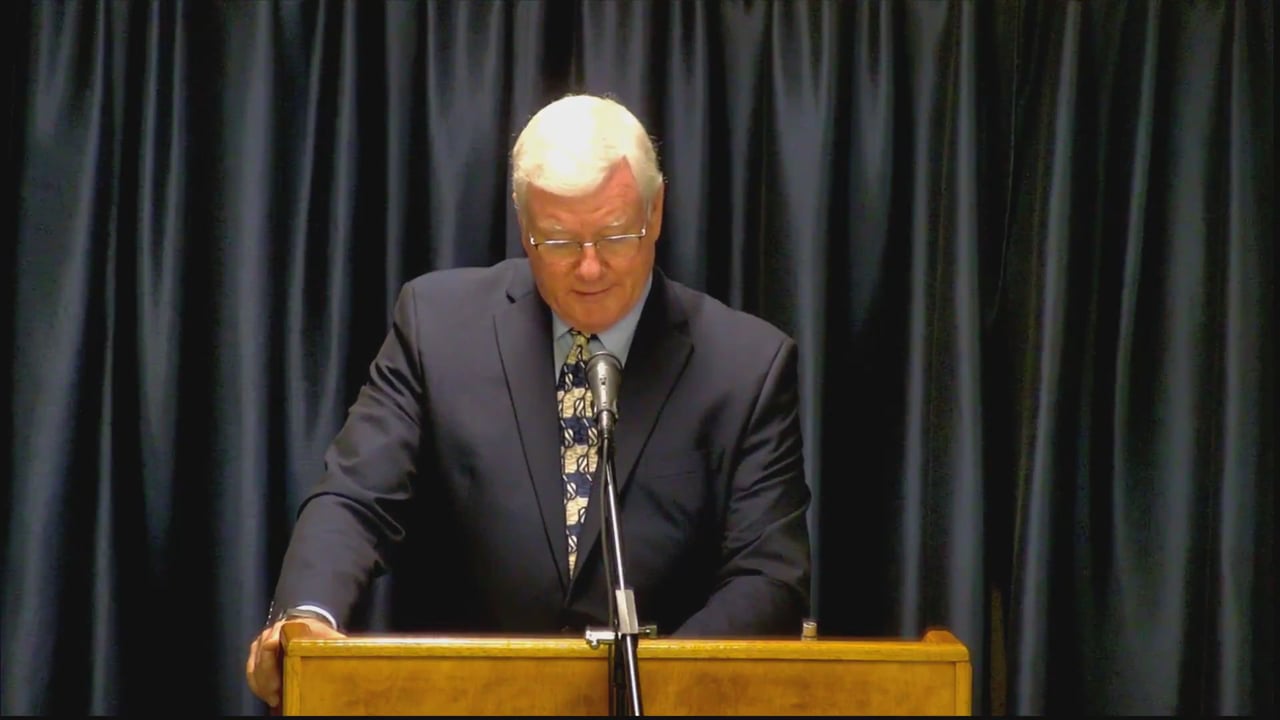
True Freedom and Liberty
Given by Justin Adkins
July 5, 2025
We just celebrated our nation’s anniversary, but this year, more than any other in the past, our freedoms, our liberties are being eroded. We will see that true liberty isn’t freedom from God’s laws, but rather it is obedience to them. The Bible tells us that real freedom will prevail only when Jesus Christ… the One who...
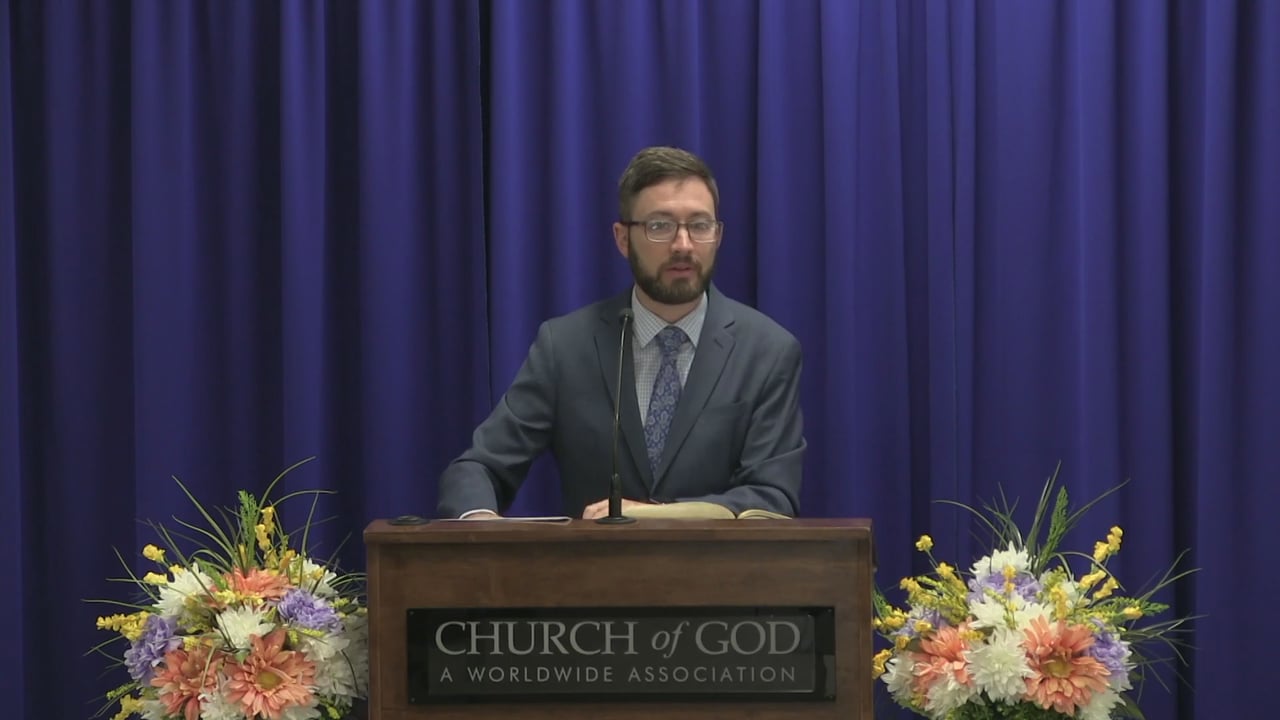
The Power to Influence (Split Sermon)
Given by Marty Miller
July 5, 2025
The rise of social media influencers has impacted our culture. Some use it for good and others for self gain. God has called us to be influencers. What can we learn from Biblical and historical examples of influencers. How can we become successful at influencing people in godliness?








